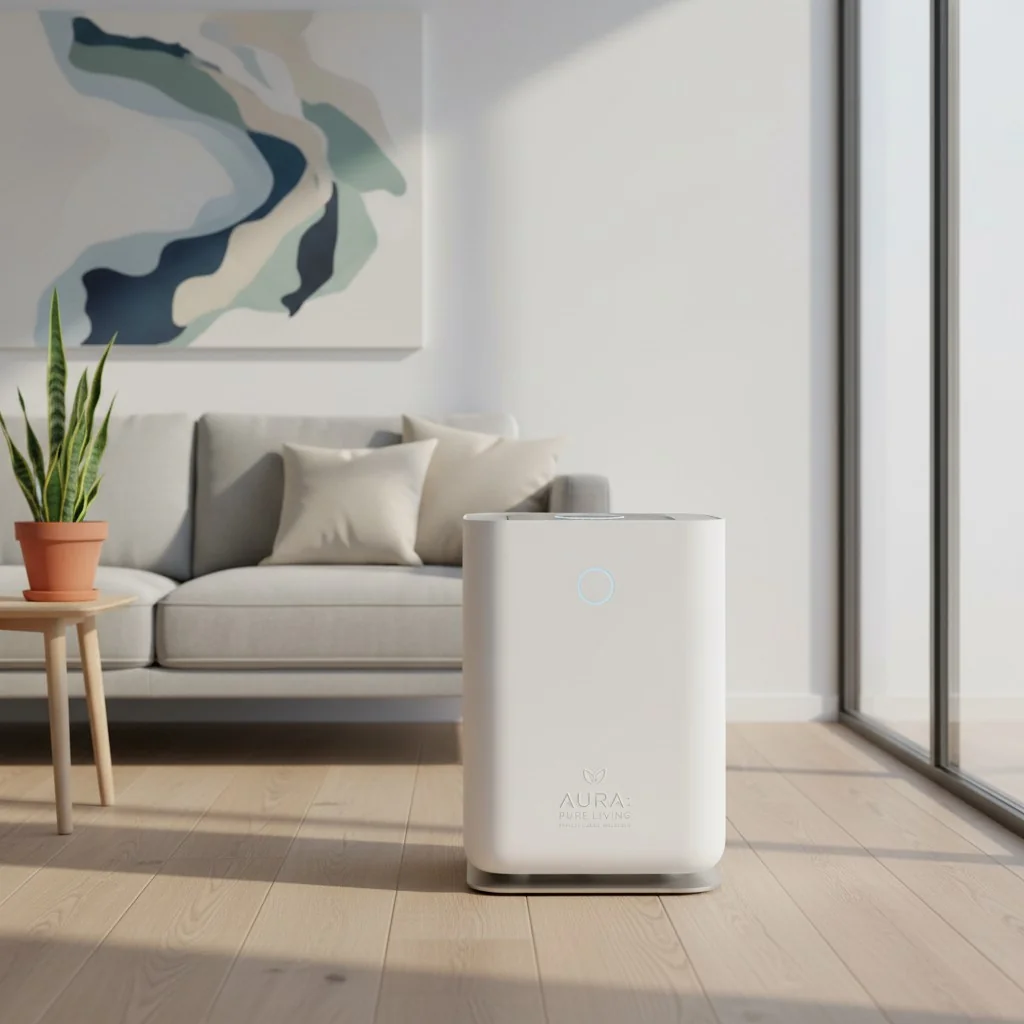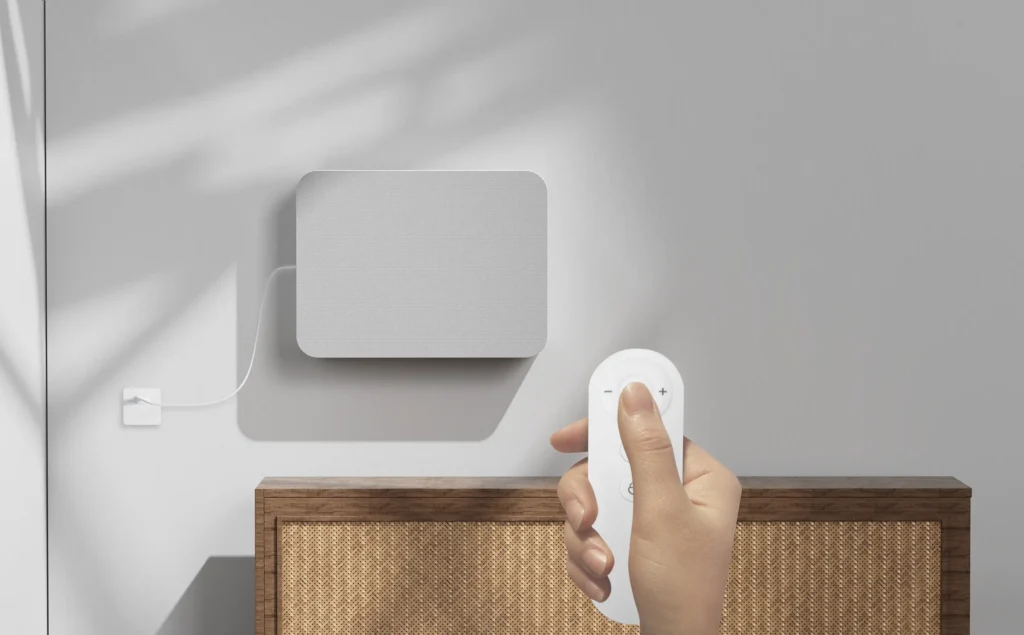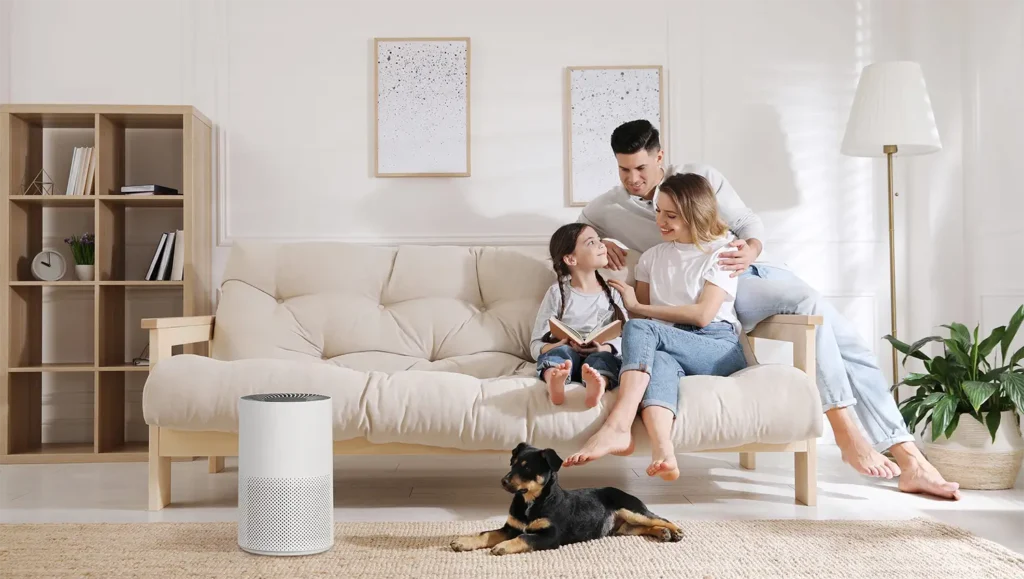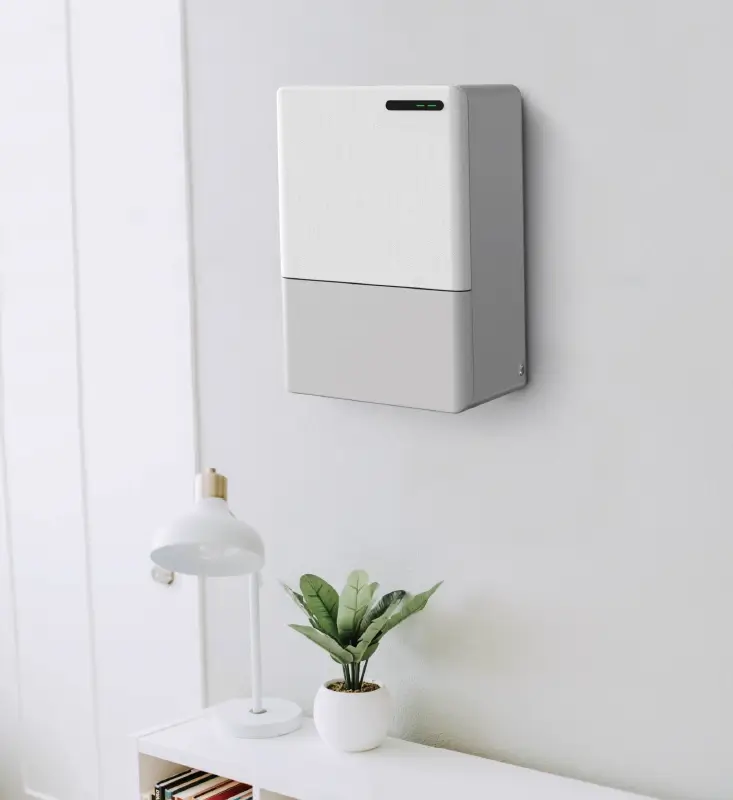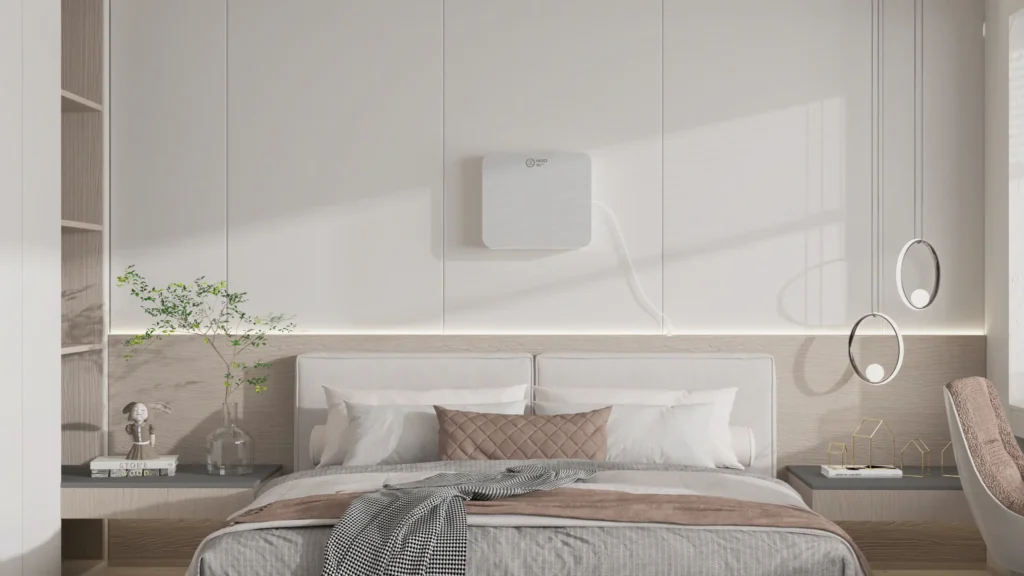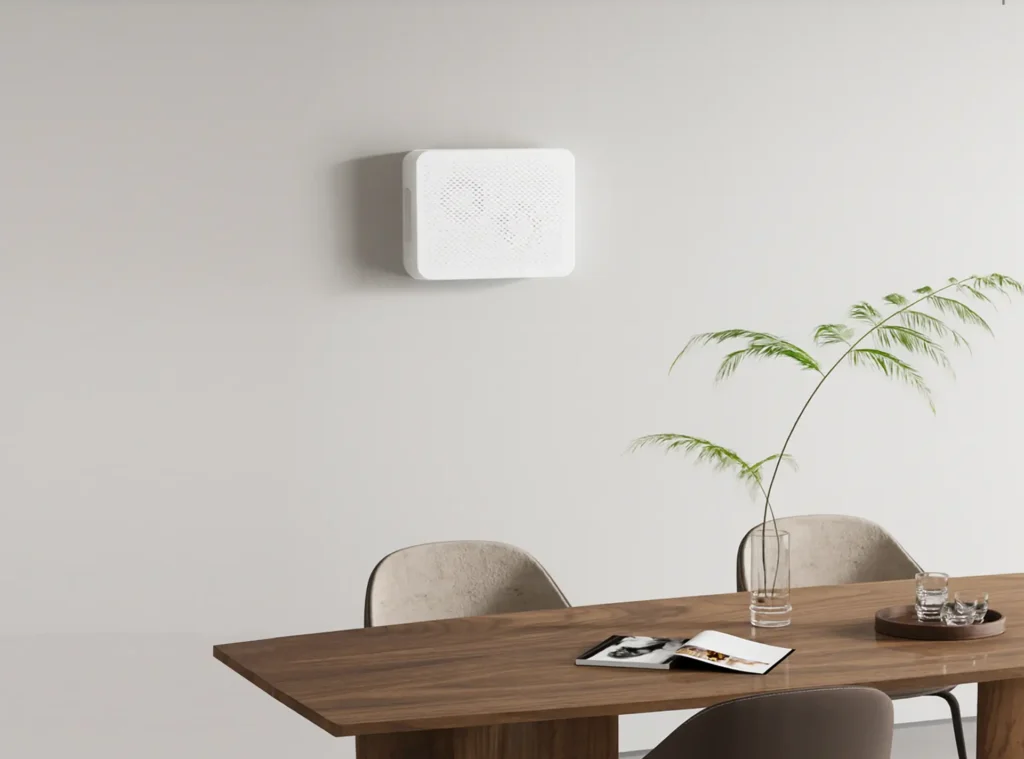Imagine walking into your business space to find employees sluggish, sneezing, and seemingly unmotivated. Perhaps customers leave quickly or spend less time in your retail space than you'd expect. Unseen, poor air quality might be the hidden cost your business is quietly paying every day.
Poor indoor air quality (IAQ) affects more than just the air you breathe; it impacts productivity, health, customer satisfaction, and ultimately, your business's bottom line. With global workplace health trends emphasizing the importance of IAQ, businesses can no longer afford to overlook this critical aspect. In this post, we'll explore the real costs of poor air quality, how it impacts your business, and why investing in advanced ceiling air purifiers with cutting-edge technologies like radar and proximity sensors could be the game-changer you need.
Poor indoor air quality can reduce business productivity by up to 10% while costing US employers $63 billion annually in lost productivity due to illness-related absenteeism.
How Does Poor Air Quality Impact Employee Productivity and Health?
Poor indoor air quality has a direct effect on employee productivity that many business owners underestimate. Research indicates that bad IAQ can reduce productivity by up to 10% due to respiratory irritations, headaches, and fatigue. For companies, this can translate into thousands of dollars lost per employee each year.
The World Health Organization (WHO) has identified indoor pollution as a significant health risk, with studies showing that respiratory problems, such as asthma, are exacerbated by pollutants like VOCs, mold, and fine particles (PM2.5). The repercussions of these pollutants are increased sick days, decreased motivation, and higher healthcare expenses.
Commercial air purifiers with HEPA H13 filters can capture up to 99.99% of airborne particles, directly improving workplace productivity and reducing health-related costs.
Consider the following statistics that demonstrate the scope of this problem:
| Impact Area | Cost/Effect | Source |
|---|---|---|
| Productivity Loss | Up to 10% reduction | WHO Studies |
| Annual Cost to US Employers | $63 billion in lost productivity | EPA Research |
| Indoor Time Spent | 90% of time indoors | EPA Statistics |
| Indoor Pollutant Levels | 2-5 times higher than outdoors | EPA Findings |
The financial implications extend beyond immediate productivity losses. Companies face increased healthcare premiums, higher turnover rates, and reduced employee satisfaction scores. When employees consistently experience poor air quality, they're more likely to seek employment elsewhere, leading to costly recruitment and training cycles.
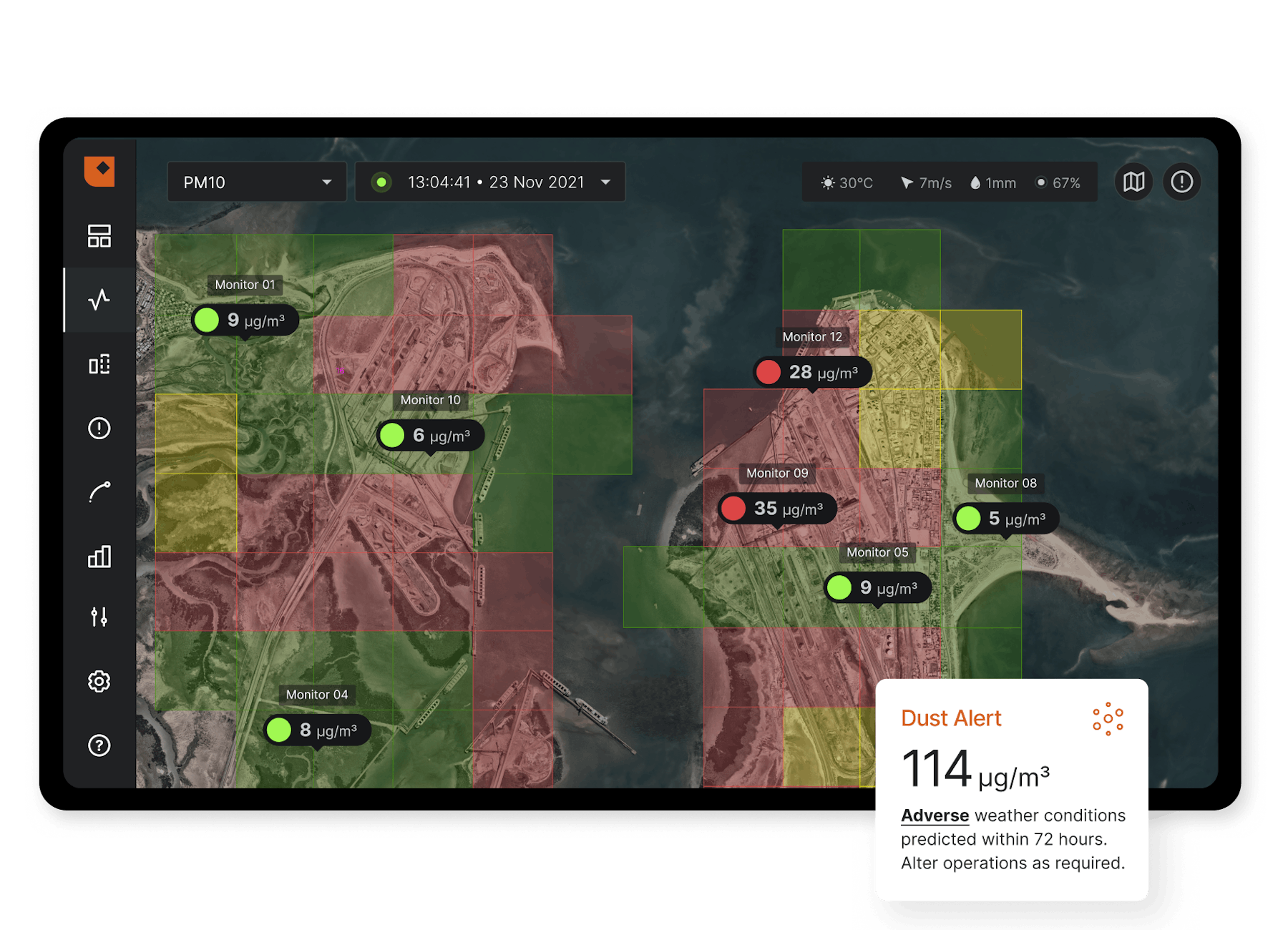
Why Does Poor Air Quality Drive Customers Away?
When customers enter your space, they subconsciously judge it by how it feels, smells, and the overall ambiance. Poor air quality can lead to unpleasant odors and stuffy atmospheres, which discourage customers from spending more time. This is particularly crucial in retail and hospitality, where the customer experience is paramount to success.
Imagine a customer walking into a luxury boutique or a hotel lobby, only to be greeted by an unpleasant odor or musty air. These subtle cues can have a big impact on customer retention and brand loyalty. Studies show that customers spend 15-20% less time in spaces with poor air quality, directly affecting sales and revenue.
Businesses with superior indoor air quality report 12% higher customer satisfaction ratings and increased dwell time in retail environments.
The psychological impact of air quality on customer behavior is profound. Clean, fresh air creates a positive first impression and enhances the perceived value of your products or services. Conversely, poor air quality can trigger negative associations, making customers question the overall quality and cleanliness of your business.
What Regulatory and Compliance Issues Should Businesses Consider?
As health and safety standards evolve, regulatory bodies increasingly monitor indoor air quality, especially in industries like healthcare, education, and hospitality. Failing to meet IAQ standards can result in fines, negative publicity, and loss of business. By proactively managing air quality, businesses can stay ahead of these regulations and position themselves as health-conscious, which is becoming more essential in today's market.
The regulatory landscape for indoor air quality is becoming increasingly stringent. OSHA guidelines now include specific requirements for workplace air quality, and many states are implementing their own standards. Businesses that fail to comply face not only financial penalties but also potential lawsuits from employees or customers who suffer health effects from poor air quality.
Proactive air quality management helps businesses stay ahead of evolving regulations while positioning them as health-conscious leaders in their industry.
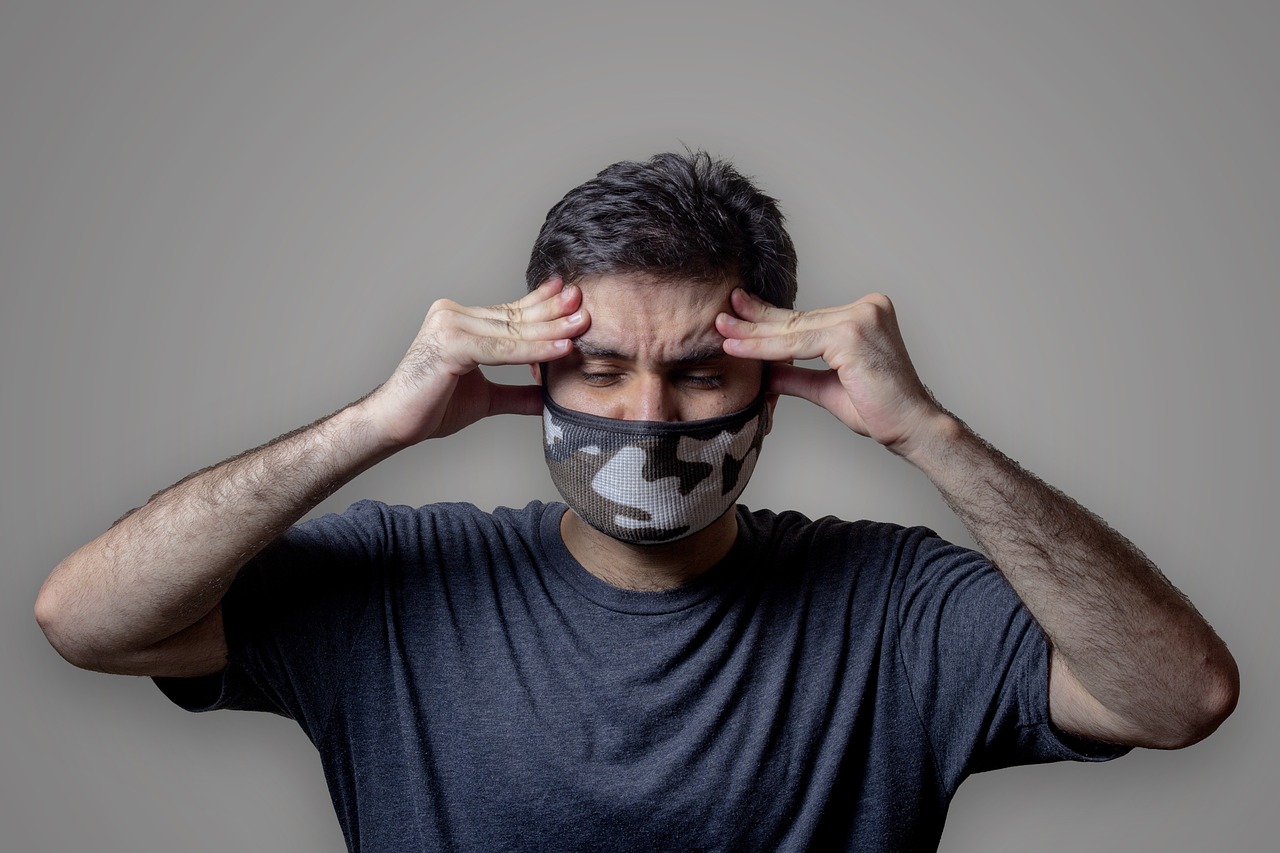
Why Is Advanced Air Purification the Ultimate Solution for Businesses?
How Do High-Quality Air Purifiers Transform Business Environments?
Effective air purification reduces airborne contaminants, including allergens, pathogens, and VOCs, creating a healthier, more comfortable indoor environment. Modern air purifiers equipped with HEPA filters, activated carbon, and specialized sensors can capture up to 99.99% of pollutants, even at microscopic levels, thereby directly improving indoor air quality.
By investing in high-quality air purifiers, businesses can ensure fewer employee sick days and improved productivity, a healthier and more inviting environment for customers, and compliance with health standards while minimizing regulatory risks.
Commercial-grade air purifiers with multi-layer filtration systems provide comprehensive protection against airborne contaminants while operating quietly enough for professional environments.
The technology behind modern air purification has evolved significantly. Today's systems incorporate multiple filtration stages, smart sensors, and energy-efficient designs that make them ideal for commercial applications. Unlike residential units, commercial air purifiers are designed to handle larger volumes of air while maintaining consistent performance throughout extended operating periods.
What Makes Ceiling-Mounted Air Purifiers Superior for Commercial Spaces?
Ceiling-mounted air purifiers are ideal for commercial spaces because they save valuable floor space and integrate seamlessly into the ceiling layout. Ceiling purifiers also enable optimal airflow and are strategically positioned to capture air pollutants more effectively in large spaces.
Unlike traditional models, advanced ceiling air purifiers offer several distinct advantages that set them apart from conventional floor-standing units:
Ceiling-mounted air purifiers maximize floor space utilization while providing superior air circulation patterns that effectively clean large commercial environments.
| Feature | Ceiling-Mounted | Floor-Standing | Wall-Mounted |
|---|---|---|---|
| Space Efficiency | Excellent | Poor | Good |
| Air Circulation | Superior | Limited | Moderate |
| Aesthetic Integration | Seamless | Intrusive | Visible |
| Maintenance Access | Moderate | Easy | Difficult |
| Coverage Area | Large | Medium | Small |
The strategic positioning of ceiling-mounted units allows for optimal air circulation patterns. Air naturally rises due to convection, and ceiling-mounted purifiers can capture contaminated air at its highest concentration point before it circulates throughout the space. This positioning also ensures that clean air is distributed evenly across the entire room, creating a more consistent and healthier environment.

HisoAir | Ceiling Air Purifier
How Do Smart Sensors Revolutionize Commercial Air Purification?
Advanced air purifiers now incorporate radar and proximity sensors that intelligently detect room occupancy, adjusting the purifier's performance based on real-time conditions. This optimizes energy use, ensuring that the purifier operates only when needed and provides a comfortable environment for all occupants.
These intelligent systems represent a significant advancement in air purification technology. Radar sensors can detect movement and occupancy patterns, while proximity sensors monitor air quality parameters in real-time. This data-driven approach allows the system to automatically adjust fan speeds, filtration intensity, and operating modes based on actual usage patterns.
Smart sensor technology in commercial air purifiers can reduce energy consumption by up to 40% while maintaining optimal air quality through intelligent occupancy detection.
For businesses, this means that the purifier works efficiently even in spaces with fluctuating occupancy rates. For example, a meeting room purifier would adjust its settings according to the number of people present, ensuring the air remains fresh without excessive energy use. This intelligent operation not only saves on electricity costs but also extends the life of filters and other components.
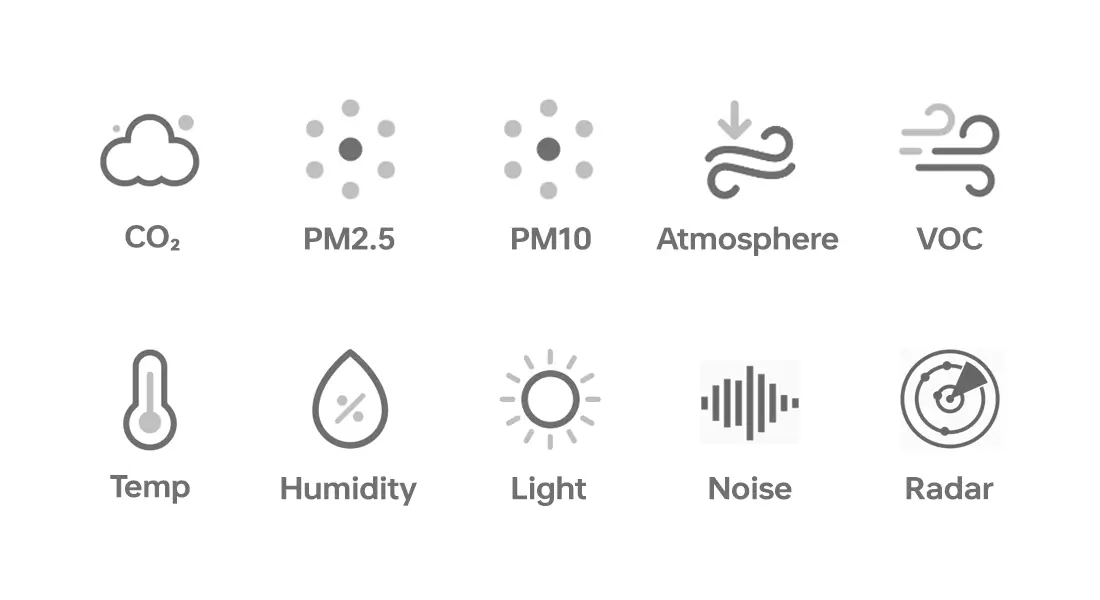
How Does HisoAir's Proprietary Technology Deliver Superior Air Quality?
What is Decibel Cancellation™ Technology and Why Does it Matter?
One of the biggest pain points for air purifier users is the noise level, especially in quiet environments like offices, schools, and hospitals. HisoAir’s Decibel Cancellation™ Technology revolutionizes air purification by lowering noise levels without compromising airflow and filtration efficiency. It reduces noise by about 10dB compared to conventional purifiers, ensuring employees and customers enjoy clean air without the distracting hum.
This proprietary technology is a game-changer for commercial settings where a quiet environment is paramount. Traditional air purifiers often generate significant noise, which can disrupt concentration, hinder communication, and negatively impact the overall ambiance of a space. HisoAir’s innovative approach addresses this challenge head-on, providing powerful purification without the auditory distraction.
HisoAir's Decibel Cancellation™ Technology reduces operational noise by 5-10dB, making it ideal for noise-sensitive commercial environments like offices and healthcare facilities.
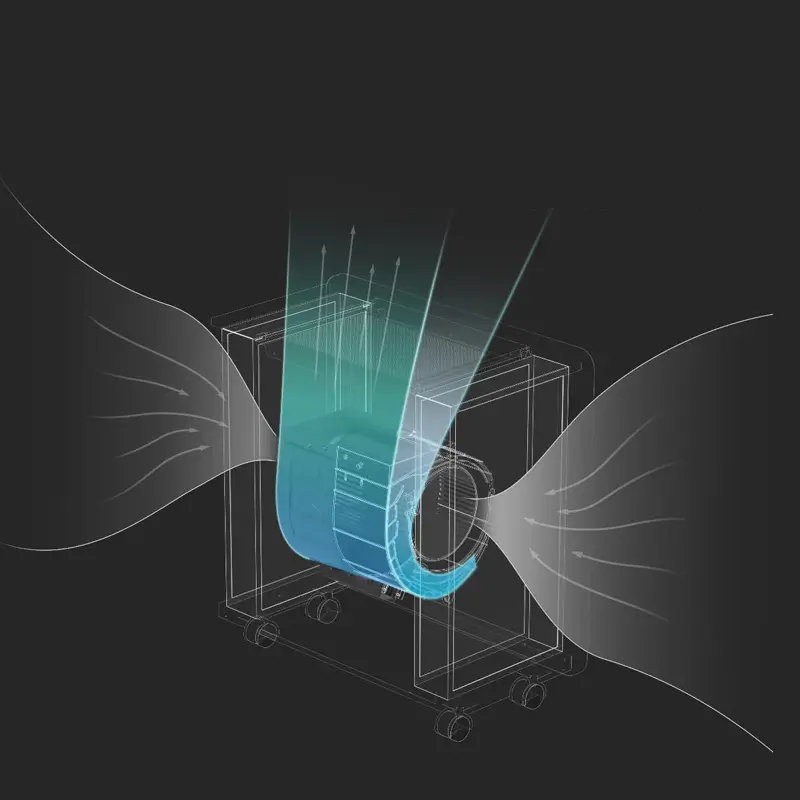
How Do Radar and Proximity Sensors Optimize Purification Performance?
HisoAir’s radar and proximity sensors are game-changers in intelligent purification. These sensors detect occupancy in a room, adjusting the purifier’s settings based on real-time needs. This way, energy is conserved, and air quality is optimized only when necessary.
For businesses, this means that the purifier works efficiently, even in spaces with fluctuating occupancy rates. For example, a meeting room purifier would adjust its settings according to the number of people, ensuring the air remains fresh without excessive energy use. This intelligent automation not only enhances user comfort but also contributes to significant energy savings over time.
Intelligent radar and proximity sensors in HisoAir purifiers dynamically adjust performance based on room occupancy, ensuring optimal air quality and energy efficiency.
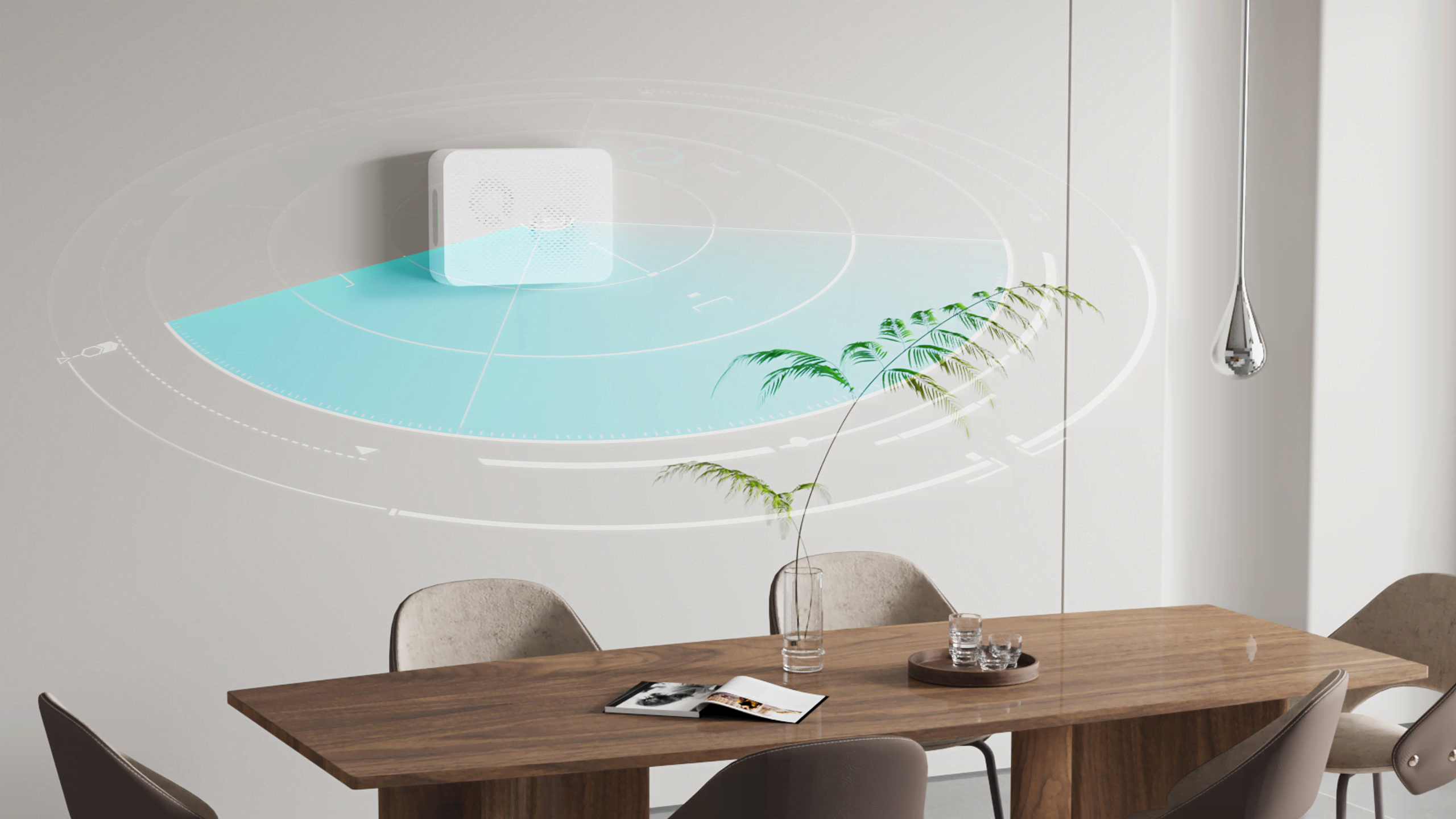
HisoAir | Wall-mounted Air Purifier
What Makes HisoAir's Comprehensive Filtration System Stand Out?
HisoAir’s purifiers utilize a multi-layer filtration system, including:
- HEPA H13/H14 filters that capture up to 99.99% of airborne particles, such as bacteria, viruses, and allergens.
- Activated carbon filters that neutralize odors and harmful gases.
- Antibacterial layers to reduce the risk of infection, ideal for spaces with high foot traffic.
The combination of these layers ensures that even the smallest pollutants are removed, delivering cleaner, healthier air consistently. This comprehensive approach to filtration is crucial for maintaining superior indoor air quality in diverse commercial environments, from bustling offices to sensitive healthcare facilities.
HisoAir's multi-layer filtration system, featuring HEPA H13/H14, activated carbon, and antibacterial layers, ensures comprehensive removal of airborne pollutants.
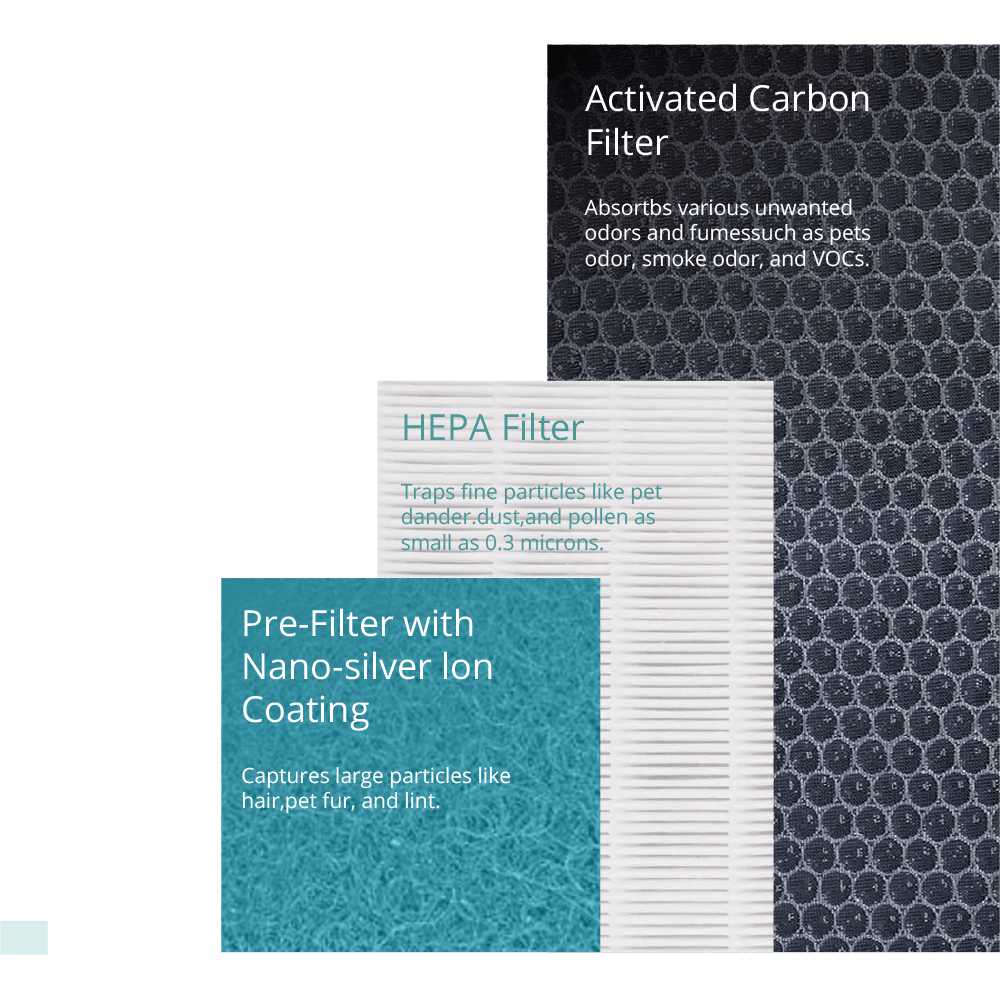
HisoAir | Various Filtration Technologies
How Do HisoAir Purifiers Cater to Specific Business Needs?
What Solutions Does HisoAir Offer for Offices and Workspaces?
For offices, maintaining air quality directly correlates with productivity and health. HisoAir’s ceiling purifiers, with their low noise levels and efficient filtration, ensure that employees remain focused, healthy, and comfortable. With options like remote monitoring via IoT, facility managers can easily manage and optimize air quality across multiple zones.
In a modern office environment, where employees spend a significant portion of their day, the quality of indoor air directly impacts their well-being and output. HisoAir’s solutions are designed to create an optimal working atmosphere, reducing absenteeism and improving overall employee satisfaction. The discreet ceiling-mounted design also ensures that the purifiers blend seamlessly into the office aesthetic without occupying valuable floor space.
HisoAir provides tailored air purification solutions for offices, enhancing employee productivity and health through quiet operation, efficient filtration, and IoT-enabled remote monitoring.
How Do HisoAir Purifiers Benefit Healthcare Facilities?
In healthcare, air quality is crucial to prevent the spread of pathogens. HisoAir’s medical-grade filters, combined with sensors and real-time monitoring, offer a solution that reduces airborne viruses and bacteria by 99.99%. This makes the purifier ideal for hospitals, clinics, and dental offices.
The stringent requirements of healthcare environments demand air purification systems that can effectively combat airborne contaminants and reduce the risk of infection. HisoAir’s purifiers meet these demands with advanced filtration capabilities and real-time monitoring, providing a safer environment for both patients and medical staff. The emphasis on medical-grade filtration ensures compliance with health regulations and enhances the overall safety of the facility.
HisoAir’s medical-grade air purifiers, equipped with advanced filters and real-time monitoring, significantly reduce airborne pathogens in healthcare facilities, ensuring a safer environment.
What Are the Advantages for Retail and Hospitality Environments?
For retail and hospitality, customer comfort is key. HisoAir purifiers ensure that visitors are greeted with clean, odor-free air, enhancing customer satisfaction and encouraging repeat visits. The sleek, ceiling-mounted design also integrates seamlessly without cluttering the space, maintaining an open, inviting ambiance.
In customer-facing businesses, the sensory experience plays a vital role in shaping perceptions and influencing purchasing decisions. Clean, fresh air contributes to a positive atmosphere, making customers feel more comfortable and inclined to linger. HisoAir’s solutions help businesses create memorable and pleasant environments that foster customer loyalty and drive sales.
HisoAir purifiers enhance customer comfort and loyalty in retail and hospitality settings by providing clean, odor-free air and seamlessly integrating into the aesthetic of the space.
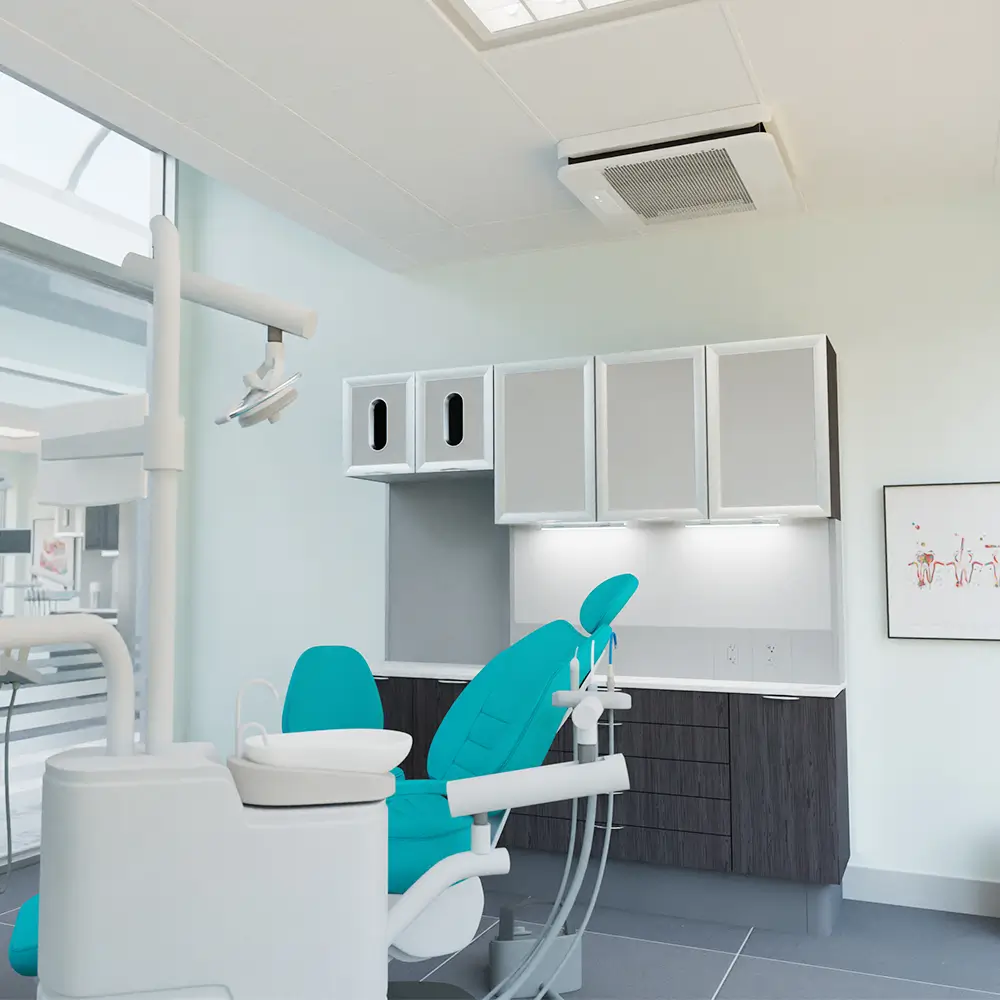
HisoAir | Ceiling Air Purifier
How Do HisoAir Purifiers Improve Educational Institutions?
Schools and universities often face poor air quality due to crowded classrooms. HisoAir purifiers help reduce allergens, dust, and airborne contaminants, creating a healthier learning environment. By controlling the air quality, educational institutions can decrease absenteeism due to respiratory issues, allowing students to perform better academically.
Maintaining optimal indoor air quality in educational settings is crucial for the health and academic performance of students and staff. HisoAir’s purifiers address the unique challenges of classrooms, lecture halls, and common areas, where airborne pollutants can easily accumulate. By providing cleaner air, these systems contribute to a more focused and productive learning environment, reducing the incidence of allergy-related absences and improving overall well-being.
HisoAir purifiers create healthier learning environments in educational institutions by reducing allergens and airborne contaminants, leading to decreased absenteeism and improved academic performance.
How Does HisoAir’s Full-Service Air Quality Solution with IoT Integration Benefit Businesses?
HisoAir’s IoT-enabled purifiers offer remote monitoring and control, allowing businesses to track air quality levels in real time across multiple locations. This feature enables data-driven decision-making for facility managers, empowering them to adjust settings based on specific needs or occupancy levels.
IoT integration transforms air purification from a passive system into an active, intelligent solution. Facility managers can access real-time data on air quality, filter life, and energy consumption, allowing for proactive maintenance and optimized performance. This level of control and insight is invaluable for businesses managing multiple locations or large, complex environments.
HisoAir’s IoT-enabled purifiers provide real-time air quality insights and remote control, empowering businesses with data-driven decision-making for optimized performance and energy management.
With IoT, HisoAir clients enjoy:
- Real-time data and air quality insights: Gain immediate access to comprehensive data on indoor air quality, enabling informed decisions.
- Remote control of settings: Adjust purifier settings from anywhere, saving time and ensuring efficiency.
- Energy management: Optimize energy consumption with adjustments based on usage patterns, significantly reducing operational costs.
This seamless integration of technology ensures that businesses can maintain optimal air quality with minimal manual intervention, leading to greater efficiency and cost savings.
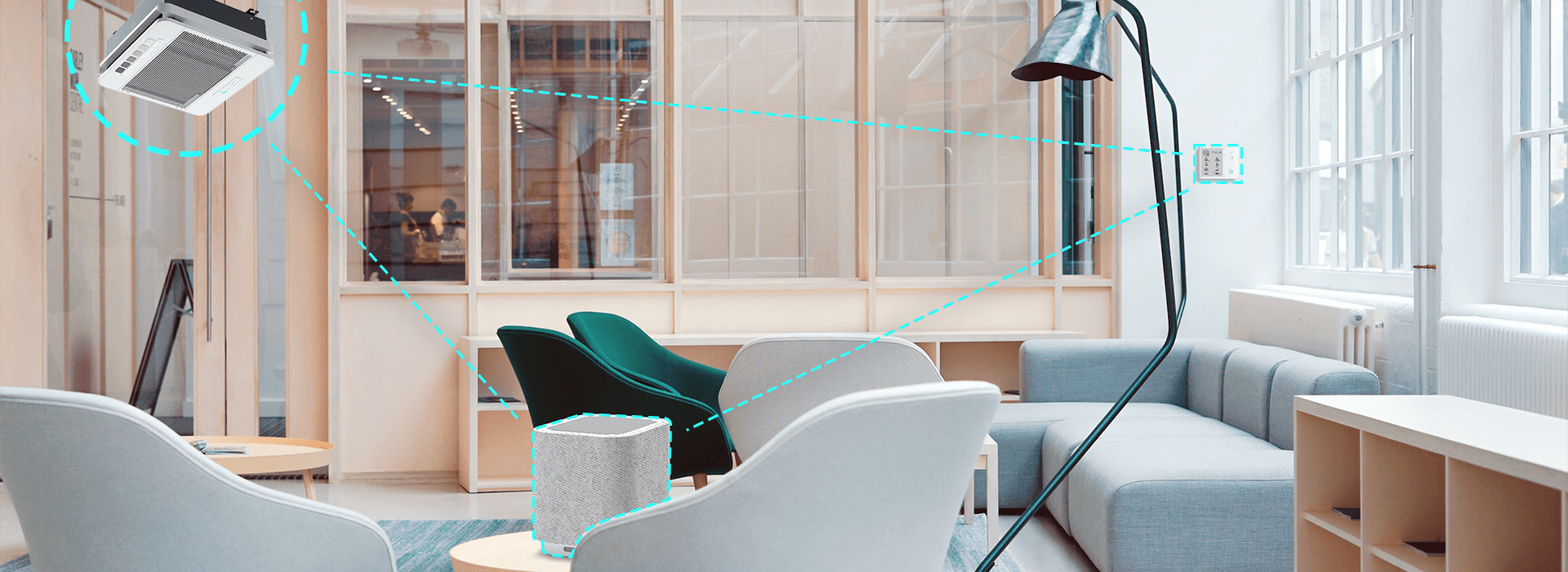
What Are Real-World Examples of Businesses Benefiting from HisoAir?
How Did a Financial Firm Improve Productivity with Low-Noise Purification?
A financial firm in downtown Manhattan invested in HisoAir ceiling purifiers after noticing a decline in employee productivity due to frequent respiratory complaints. Post-installation, they reported a 15% improvement in productivity, and employees noted reduced allergy symptoms and fatigue.
This case study highlights the direct correlation between indoor air quality and employee performance. In high-pressure environments like financial firms, even minor distractions or health issues can significantly impact output. HisoAir’s low-noise purifiers provided a solution that not only cleaned the air but also maintained a conducive work environment, leading to tangible improvements in productivity and employee well-being.
A financial firm achieved a 15% productivity increase and reduced employee allergy symptoms after installing HisoAir’s low-noise ceiling purifiers.
How Did a Hotel Elevate Guest Experience with Intelligent Air Quality Control?
A luxury hotel in Los Angeles adopted HisoAir’s IoT-integrated purifiers to ensure optimal air quality in its lobby and guest rooms. Through occupancy sensors, the hotel was able to maintain superior air quality without constant manual adjustments. As a result, guest reviews highlighted the refreshing air quality, and the hotel saw a 12% increase in customer satisfaction ratings.
For the hospitality industry, guest experience is paramount. This case study demonstrates how intelligent air quality management can directly contribute to higher customer satisfaction and positive reviews. The ability to automatically adjust purification levels based on occupancy ensures that guests always experience fresh, clean air, enhancing their stay and encouraging repeat business.
A luxury hotel improved customer satisfaction by 12% and received positive guest reviews by implementing HisoAir’s IoT-integrated purifiers with intelligent occupancy sensors.
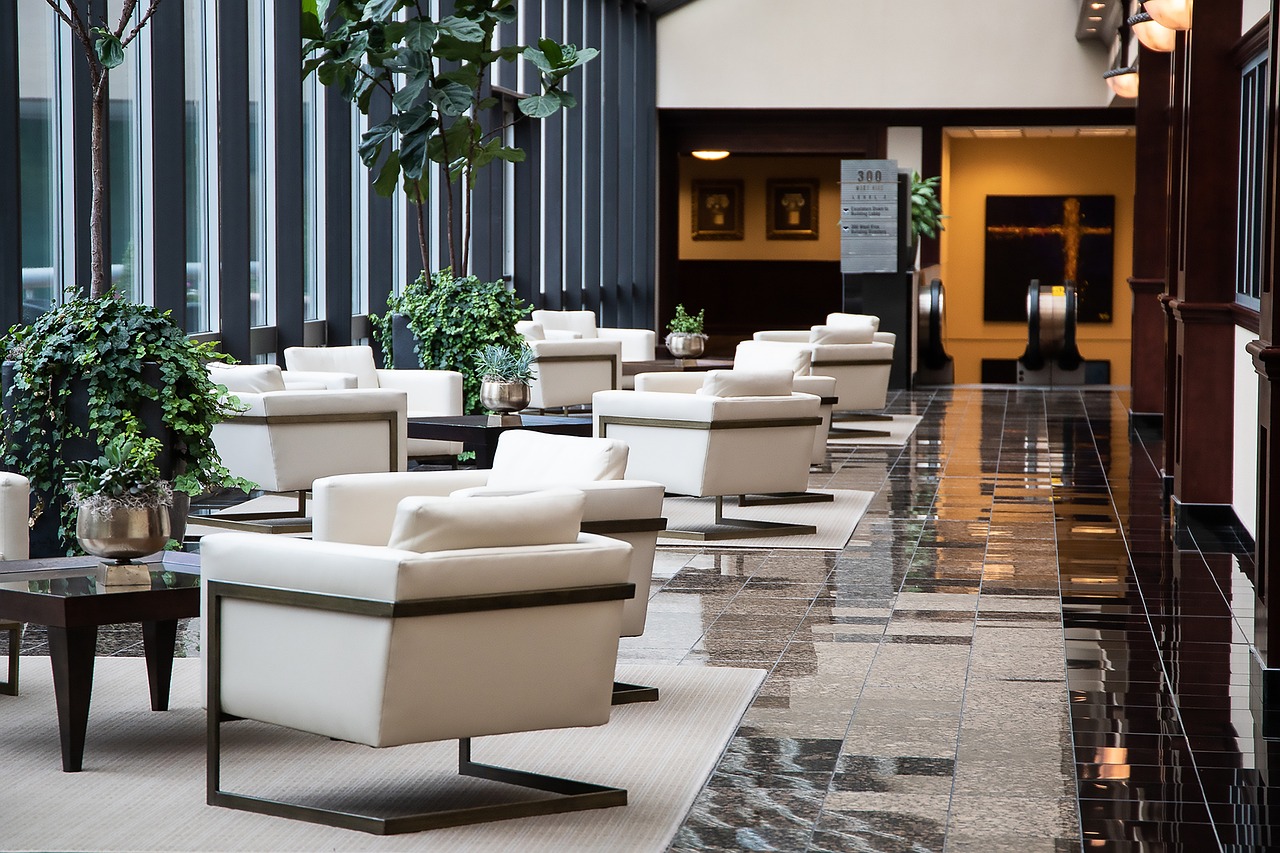
How Did a University Reduce Absenteeism by 20% Through Cleaner Air?
An educational institution installed HisoAir’s purifiers in classrooms, noticing an immediate improvement in indoor air quality. By the end of the semester, student absenteeism due to respiratory issues had dropped by 20%, demonstrating the impact of clean air on health and academic performance.
This example underscores the critical role of indoor air quality in educational settings. Crowded classrooms can quickly become breeding grounds for airborne contaminants, leading to increased illness and absenteeism. By providing a healthier learning environment, HisoAir’s purifiers not only protected student health but also contributed to improved academic outcomes, showcasing the broader societal benefits of clean air.
An educational institution reduced student absenteeism due to respiratory issues by 20% after installing HisoAir purifiers in classrooms, demonstrating the positive impact on health and academic performance.
Conclusion: Invest in a Healthier, More Productive Future with HisoAir
The costs of poor indoor air quality can be staggering. Reduced productivity, lost revenue, and customer dissatisfaction all add up over time. By investing in HisoAir’s advanced ceiling air purifiers, businesses can protect employee health, improve customer satisfaction, and ensure compliance with health standards.
With HisoAir’s Decibel Cancellation™ Technology, radar and proximity sensors, and comprehensive IoT solutions, your business is not only securing cleaner air but also elevating its operational efficiency. Contact HisoAir today for a free air quality consultation, and let us help you transform your indoor environment.
Investing in HisoAir’s advanced air purification solutions offers businesses a clear path to enhanced productivity, improved customer satisfaction, and seamless regulatory compliance.
Ready to Take the Next Step?
Let HisoAir’s experts guide you to the ideal air purification solution for your business. Get in touch with us today for a free consultation and start experiencing the benefits of cleaner, healthier indoor air!


